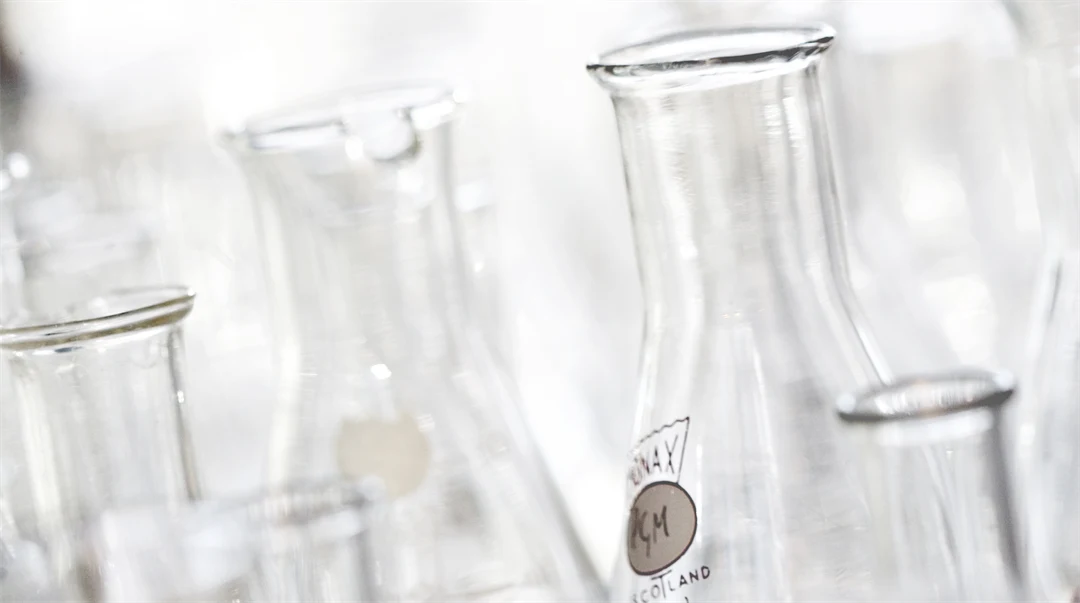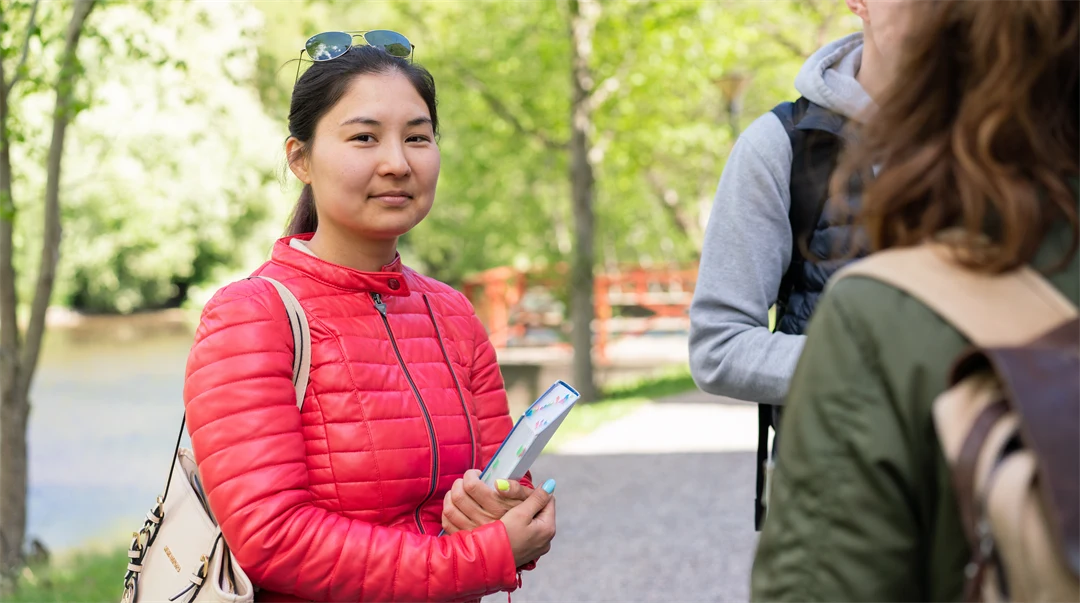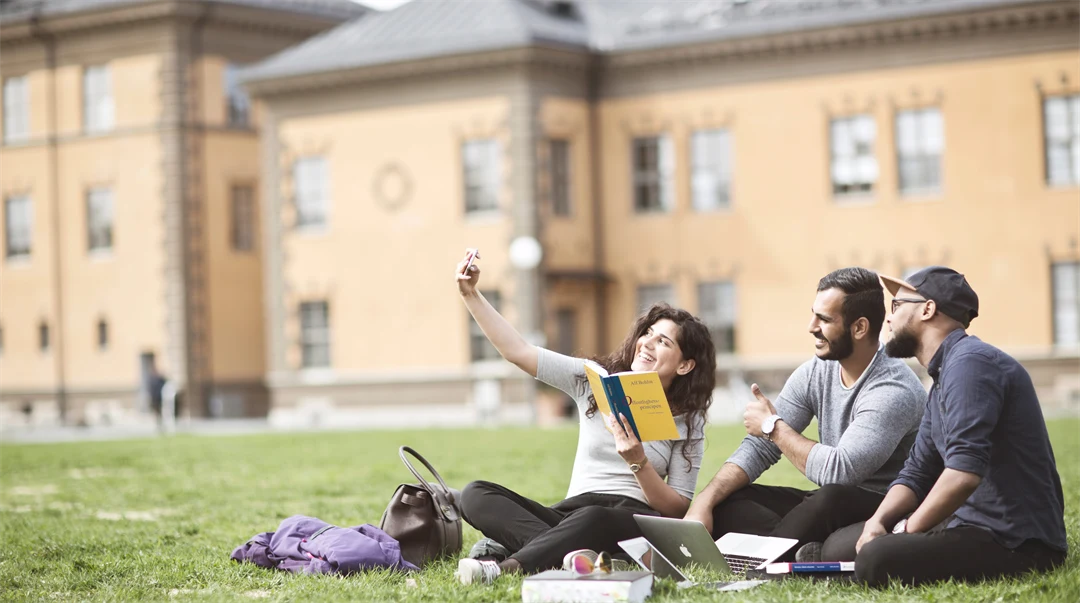The Master by Research programme in Chemistry targets those who are highly motivated to develop skills and knowledge for future career in academic, industrial or public research and development. This is also an excellent preparation for future doctoral studies.
About the programme
The Master by Research programme in Chemistry is the right choice for students who wish to specialize in chemistry and aim for a career within research, development and innovation. During the programme, you work together with researchers on a research problem. You mix your research with the academic studies you need to solve the problem.
As a student, you are part of a research team at the department. Together with researchers, you take part in a research project and work both independently and together with others.
The education consists of both courses on an advanced level and project work, and ends with an individual Master’s thesis during the last semester. Projects may include areas like synthesis and analysis of natural products, molecular interactions in biopolymer systems, organic catalysis, or development of analytical methods.
Entry requirements
English course 6/English course B from Swedish Upper Secondary School (Gymnasium) or the equivalent.
Bachelor of Science, Bachelor of Science in Engineering (at least 180 credits/180 ECTS) in relevant subject, for example Chemistry, Medicine, Chemical Engineering or equivalent.
Eligibility for available research project is assessed on the basis of the applicant’s bachelor’s degree project/thesis, a letter of motivation, and, where appropriate, through other documented experience relevant to the subject.
Selection
To apply, visit www.universityadmissions.se.
Required documents:
- Certificates and diplomas from previous university studies. The universities where you studied must be internationally recognized higher education institutions (university or university college).
- Transcripts of completed courses and grades for each semester included in your degree.
- Proof of English language skills equivalent to English studies at upper secondary (high school) level in Sweden, i.e. English 6/English course B.
- In addition, you must submit a letter stating your interest in the programme, and a ranking of your interests if more than one study project is offered to you.
You should also describe your background and its relevance to the subject in a Curriculum Vitae (CV), with your Bachelor’s thesis, individual projects, project portfolio and any experience that you wish to refer to attached.
Please note that your online application is complete when you have submitted your supporting documentation. Upload these documents to your personal account at universityadmissions.se as soon as possible but no later than (three weeks after the application deadline. For more information go to https://www.universityadmissions.se/intl/start.
Title of qualification
Masterexamen med huvudområdet kemi, translated into Master of Science (120 credits) with a major in Chemistry.
After the programme
After having completed your Master’s thesis, there are good opportunities to work with research within academy or trade and industry, or in product development with new technology.
Work experience contact
During the programme, you will meet both researchers and companies that our research centre cooperates with. This way, you get useful contacts and experiences that will be useful for your future career.




